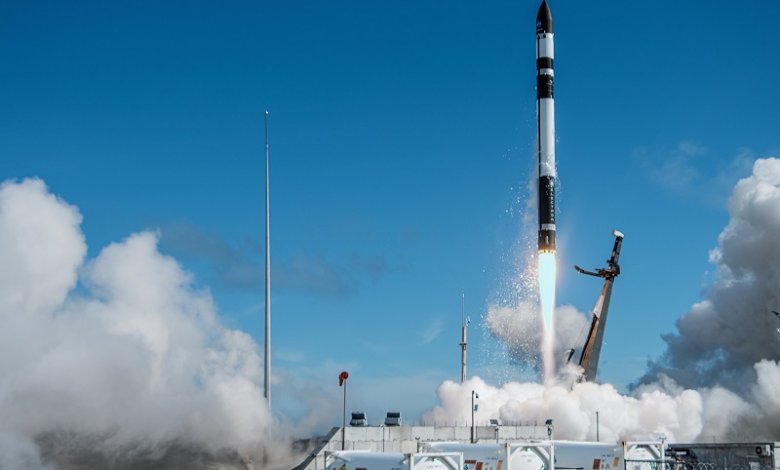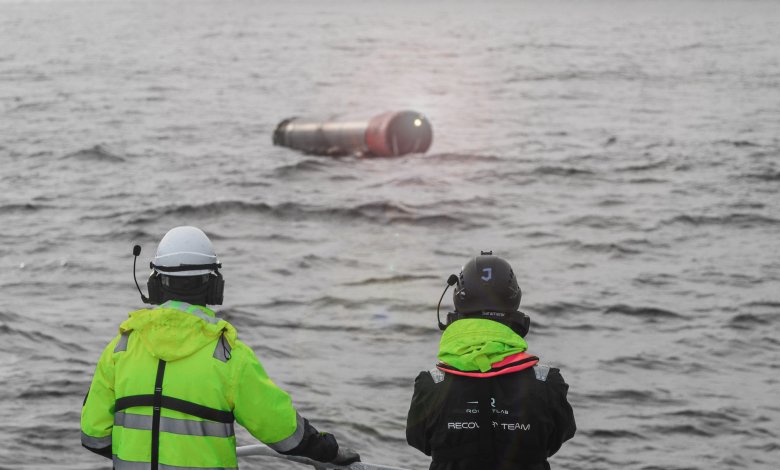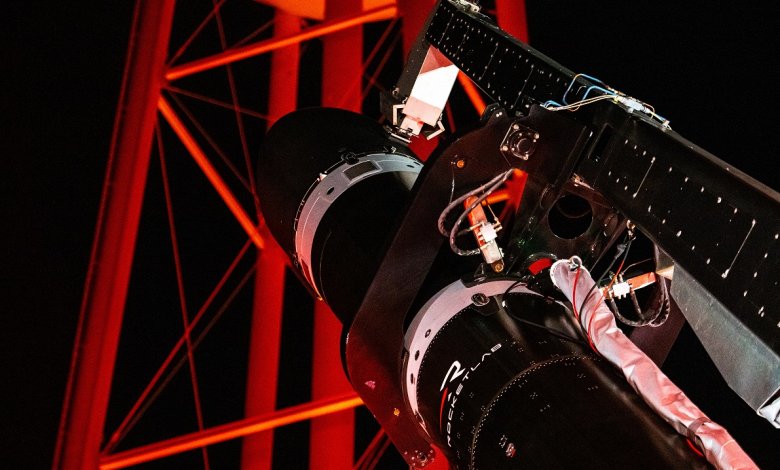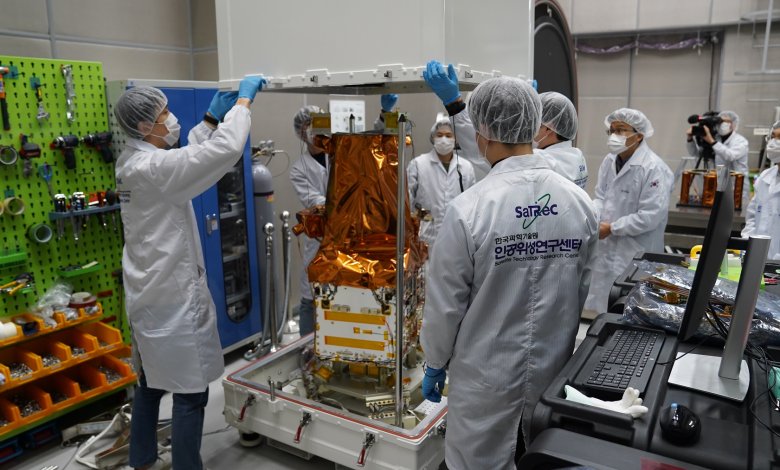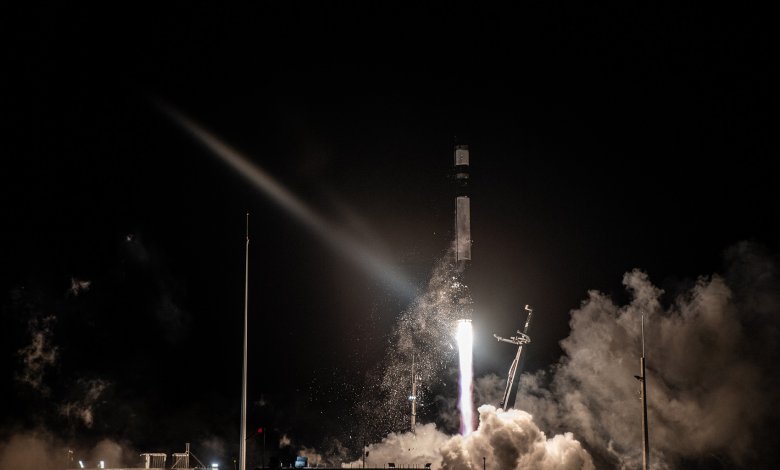Rocket Lab Successfully Launches U.S. Space Force Mission
Rocket Lab Successfully Launches U.S. Space Force Mission
Mahia, New Zealand. 29 July, 2021 – Rocket Lab, the leading launch provider and space systems company, has successfully launched a research and development satellite to orbit for the United States Space Force (USSF). The mission was Rocket Lab’s fourth launch for the year and its 21st Electron mission overall.
The mission, named ‘It’s a Little Chile Up Here’, launched from Rocket Lab Launch Complex 1 on New Zealand’s Mahia Peninsula at 06:00 UTC / 18:00 NZT on July 29th. A single Air Force Research Laboratory-sponsored demonstration satellite called Monolith was deployed to low Earth orbit by the Electron launch vehicle in Rocket Lab’s second mission for the USSF. Monolith will demonstrate the use of a deployable sensor, where the sensor’s mass is a substantial fraction of the total mass of the spacecraft, changing the spacecraft’s dynamic properties and testing ability to maintain spacecraft attitude control. Analysis from the use of a deployable sensor aims to enable the use of smaller satellite buses when building future deployable sensors such as weather satellites, thereby reducing the cost, complexity, and development timelines.
The mission was procured by the Department of Defense (DoD) Space Test Program (STP) and the Rocket Systems Launch Program (RSLP), both based at Kirtland Air Force Base, New Mexico.; in partnership with the Defense Innovation Unit (DIU) as part of the Rapid Agile Launch Initiative (RALI). The mission is being managed by the Launch Enterprise’s Small Launch and Targets Division, which is part of the USSF’s launch organization of choice. The mission has been named ‘It’s a Little Chile Up Here’ in a nod to the beloved green chile of New Mexico where the Space Test Program is based.
“Congratulations to all the teams behind Monolith. We’re proud to have safely delivered another mission to orbit for the United States Space Force,” said Rocket Lab founder and CEO Peter Beck. “Programs like the Rapid Agile Launch Initiative are shining a light on the crucial role small launch can play in supporting fast-paced innovation in orbit.”



